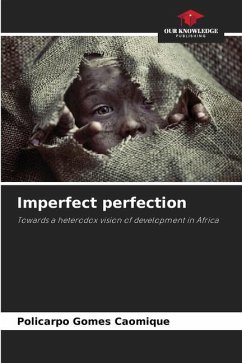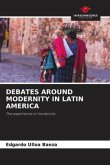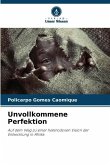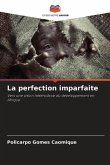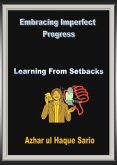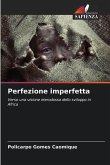Historical accounts show that the advent of colonialism and the growth of interaction between Europeans and Africans exponentially increased the interest of some Western anthropologists, historians and philosophers in explaining the reality of African societies. However, their interpretations were laden with subjective idealisations and pseudo-scientific stances that resulted in a prejudiced representation of African peoples and their worldviews. These writings continued to mark Western thinking about Africa, even after the formal end of colonisation. In other words, the prevailing thought was that Africans, their values and their cultural practices were incompatible with development and the preservation of human dignity, and that the involvement of the West was necessary to achieve the well-being of this continent. This underestimation of the intellectual and productive capacity of Africans was used as an ideological element to justify the annihilation of endogenous (African) organisational structures, in their multiple dimensions: economic, cultural, political and educational, in favour of exogenous (Western) organisational structures.
Bitte wählen Sie Ihr Anliegen aus.
Rechnungen
Retourenschein anfordern
Bestellstatus
Storno

